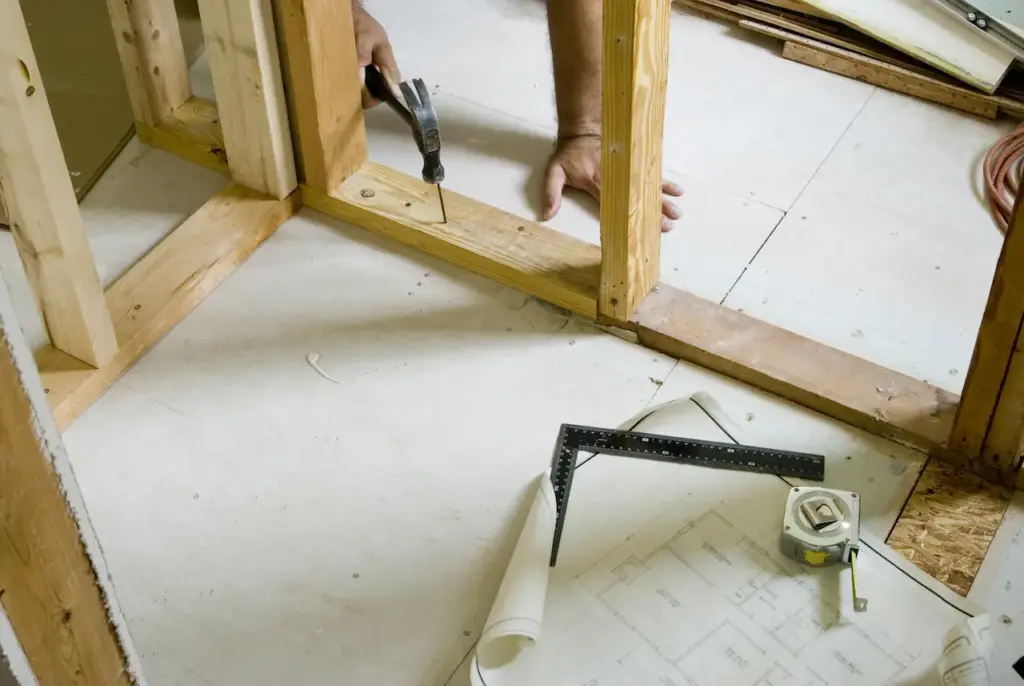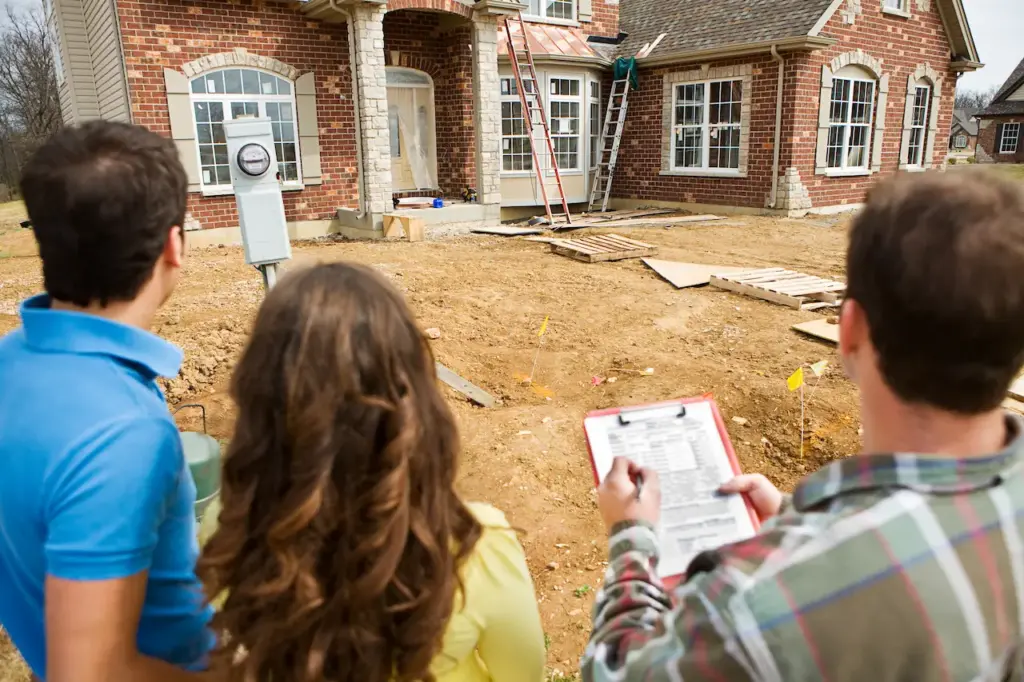Construction Companies Collapse By The Thousands
Construction Companies Collapse By The Thousands in 2024
It has been revealed that 2,300 tradesmen’s companies have gone bankrupt.
There have been 2,349 collapsed construction firms in the last year.
The “perfect storm” of rising interest rates, increasing material costs, and a persistent shortage of workers in the Australian industry has sent tradesmen into freefall.
ASIC, the corporate regulator, has published new data showing that insolvencies in construction reached a record high this year.
In 2023, the September quarter will be the worst for construction companies. 785 businesses are insolvent.
In the first three working days of this month, four construction companies have gone bankrupt.
Denita Wawa, Chief Executive of Master Builders Australia, remained optimistic about the industry.
She said: It’s encouraging to see how resilient businesses are despite the volatility in the construction and building industry during the past financial year.
It has been a difficult time for certain businesses who got caught in a perfect storm caused by rising material prices, shortages of labour and increasing interest rates. They were also locked into fixed price contracts.
The dream of home ownership for many people who signed contracts has been shattered by a series of high-profile collapses within the construction industry.

Construction Companies Continue To Fail
The Australian construction industry continues to crumble like dominoes. This trend will only get worse and another 100 Victorian homeowners are left in the lurch as yet another builder goes out of business.
Insolvencies continue to plague the building industry
The pandemic-induced shortage of materials, high demand and labour have all contributed to higher construction costs.
Wake Concepts, Residence Building Group and other large companies have recently gone under. Millbrook Homes, a New South Wales-based residential builder, entered liquidation after owing more than $4 million to over 80 creditors. Bentley Homes is a Victorian residential builder that also appointed liquidators.
Factors such as global pandemics, the Home Builder program, inflation and changes in fixed price contracts are all factors that have contributed to the demise of many builders.

Slow building approvals indicate a decade-long housing crisis
As house approvals continue to fall, the prospect of meeting the five-year target by the Federal Government appears dim.
The Australia Construction Industry Databook Series concluded that the Australian Construction industry is currently facing the most difficult conditions since the decade.
The report stated that “most affected are developers who entered into fixed-price agreements with buyers before construction costs skyrocketed.”
The Australian government has also suffered a significant impact from developers who tried to build more homes quickly during the pandemic.
The report’s authors expect that the rate of interest and borrowing costs will dampen the prospects for recovery of the residential building market.
According to CoreLogic’s Cordell Construction Cost Index, while construction costs continue to increase, their growth rate in Australia has slowed significantly.
The index shows that the growth rate is 4 percent, lower than the 4.7% observed at the end September 2022. The downward trend in costs is expected to continue into 2024.
The Western Australian government has offered interest-free loans for builders to help clear the backlog.
The construction industry is expected to grow in the coming four quarters, despite the fact that the economy will be tested.
Forecasts indicate that the compound annual growth (CAGR), of this sector, will increase by 5.6 percent between 2023-2027. Construction output is expected to be $215.81 Billion by 2027. Business insurance has saved a few home owners who are building but many did not sign up for insurance or could not afford it.
Canberra Developers Disqualified
Montego Homes administrators told the media that they were looking for a buyer to “restructure or recapitalise” the business. They also said they had started an “urgent” review of the financial situation of the company.
ASIC announced also on Friday (12th January) that it had banned two Canberra-based directors of development companies in response to the involvement they played in the failure of four firms between January 2019 and august 2021.
Gary James Kelly and Jamie Charles Farrelly were directors at 3 Property Group 13 and Be Athletic Canberra (formerly Tiger Property Group). Kelly was also a director at Lifestyle Homes Accounts and Tiger Property Group (ACT).
All of the companies involved in residential and commercial property development in Canberra.
ASIC determined that both directors did not meet the standards expected. Farrelly allowed TPG $7,437.710 in loans without a documented agreement, resigned prior to loan repayment, neglected the financial affairs of 3PG13, traded insolvently and deferred taxes to boost other companies’ cash flows.
The combined debt of the companies was $9,435,642 owing to unsecured creditors. Of this amount, $3,084,593 was owed to Australian Taxation Office, and $19 652 to ACT Office of Revenue.
This original article was published on 14 January, and updated on 17 January with news that Montego Homes has been placed into voluntary administration.

Article Q&A
How Many construction companies have failed?
Nearly 1,400 Australian construction companies will collapse in the second half 2023.
Has the construction sector improved?
Construction accounted for over a quarter in the overall company collapses during the second half of December. According to the Housing Industry Association the construction industry is experiencing one of its worst storms since mid-1970s energy crisis.
Why are construction firms collapsing
The pandemic effect, which has led to higher costs and longer construction times and labour shortages, is causing an increase in the number of builders going out of business.




